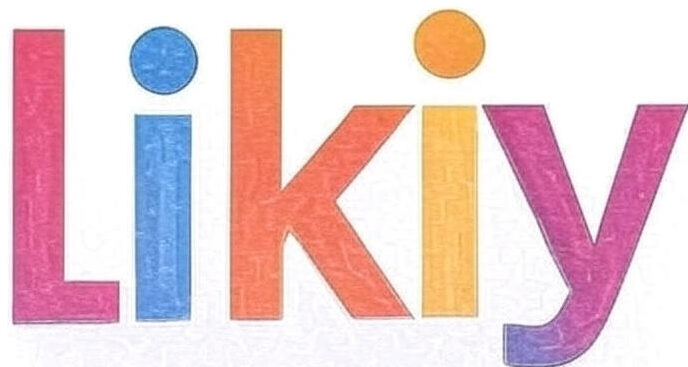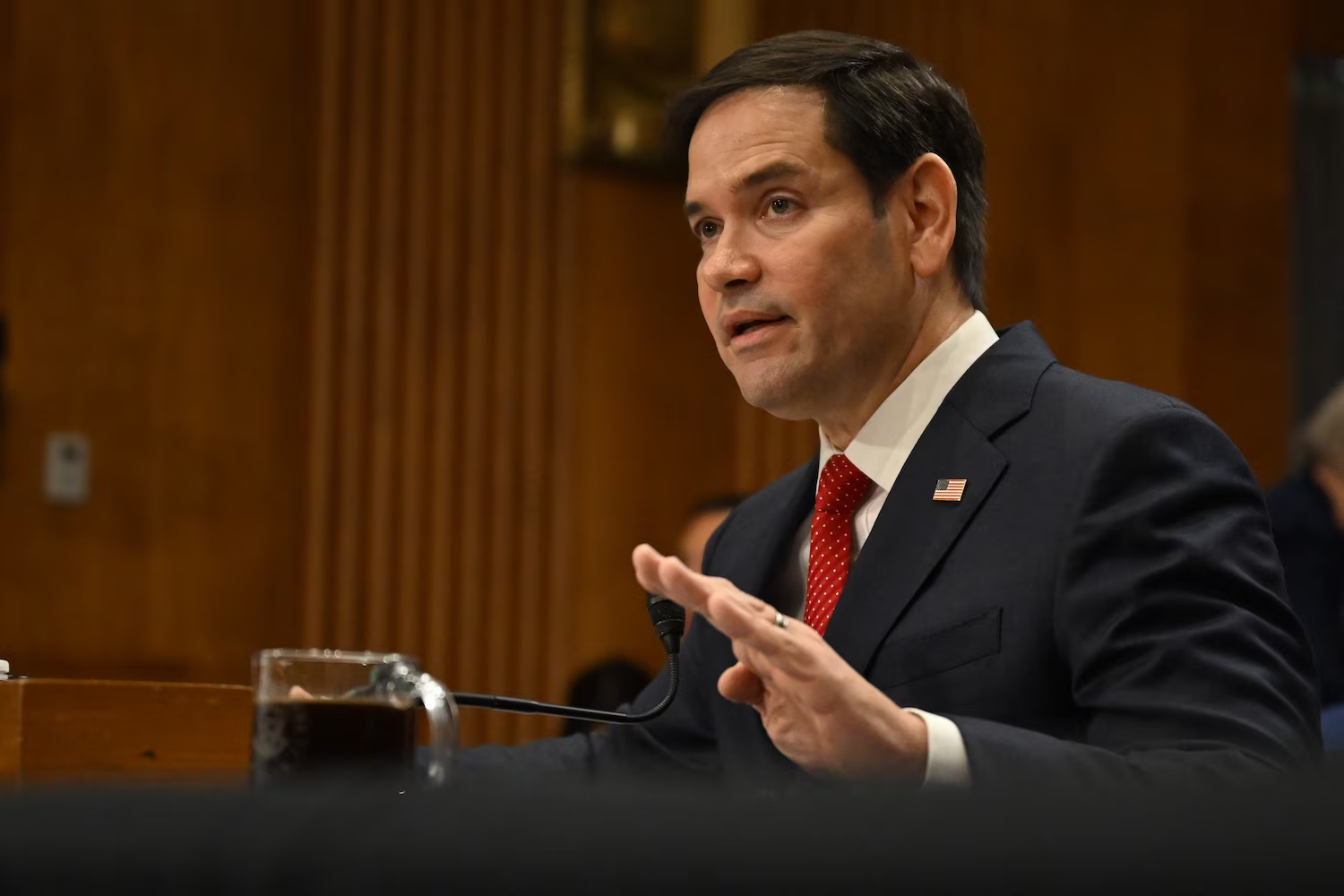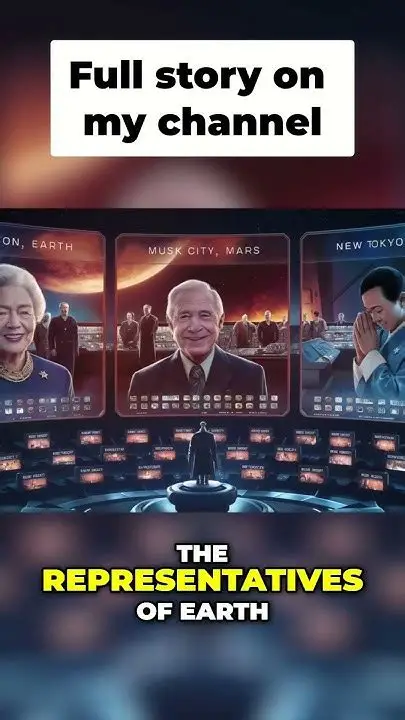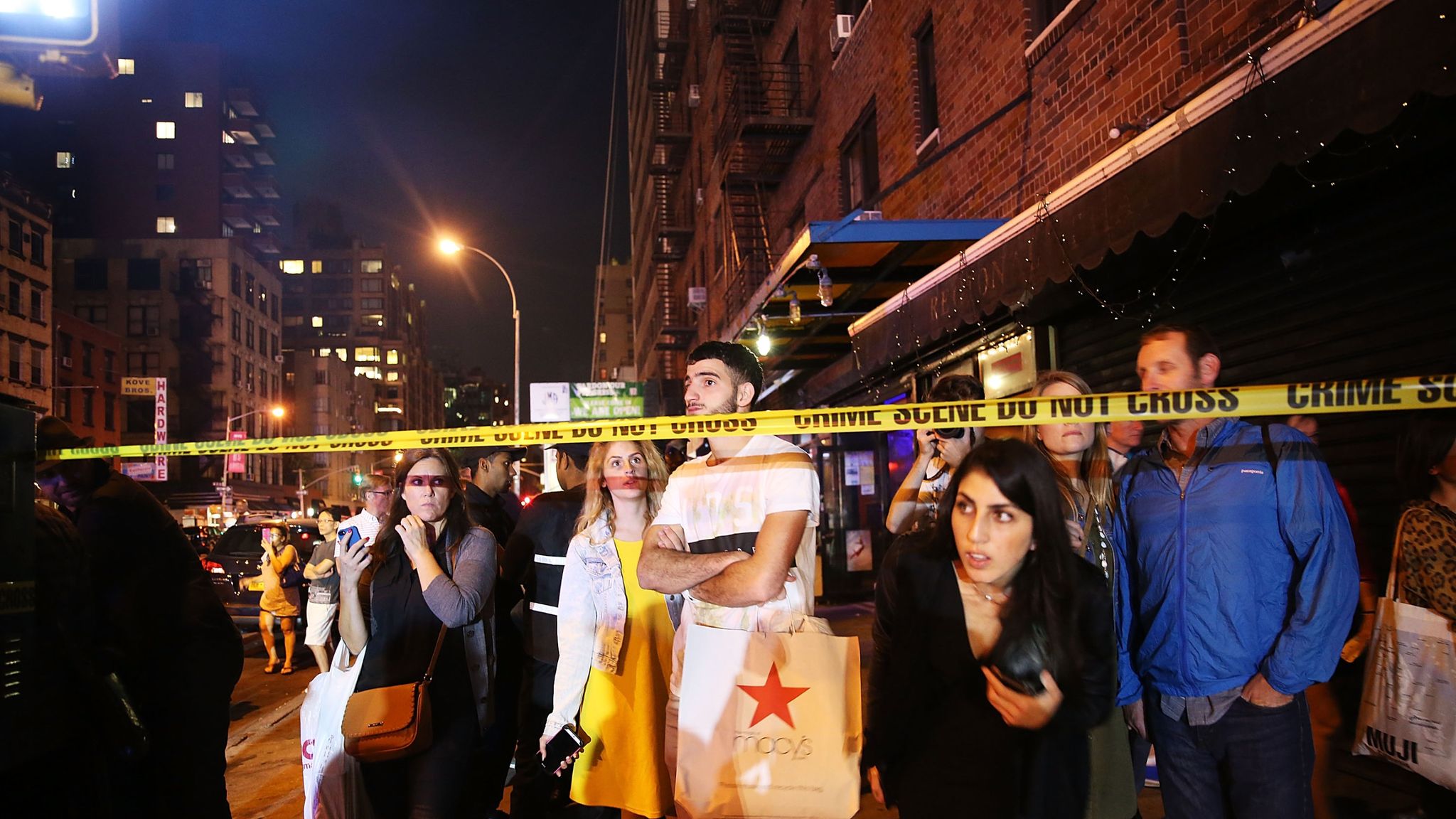In the high-stakes world of U.S. politics, few moments capture the essence of transition and power like a Cabinet confirmation. On January 20, 2025, just hours after Donald Trump was sworn in for his second term as President, the U.S. Senate made history by unanimously confirming Marco Rubio as Secretary of State with a resounding 99-0 vote. This marked the first senatorial approval of Trump’s second-term Cabinet picks, setting the stage for what many are calling “hotseat diplomacy”—a bold, unapologetic approach to foreign affairs that prioritizes American interests above all. As the 72nd Secretary of State,Marco Rubio steps into a role that will define U.S. relations with global powers like China, Russia, and emerging allies in the Indo-Pacific. This article delves deep into the confirmation process, Rubio’s background, the implications for Trump’s foreign policy, and what this means for international relations in 2025 and beyond.
For those following U.S. politics closely,Marco Rubio’s appointment signals a shift toward a more assertive “America First” agenda. With keywords like “Marco Rubio Secretary of State,” “Trump second term,” and “Senate confirmation” dominating search trends, this event underscores the evolving landscape of American diplomacy. Let’s explore how this confirmation unfolded and its far-reaching effects.
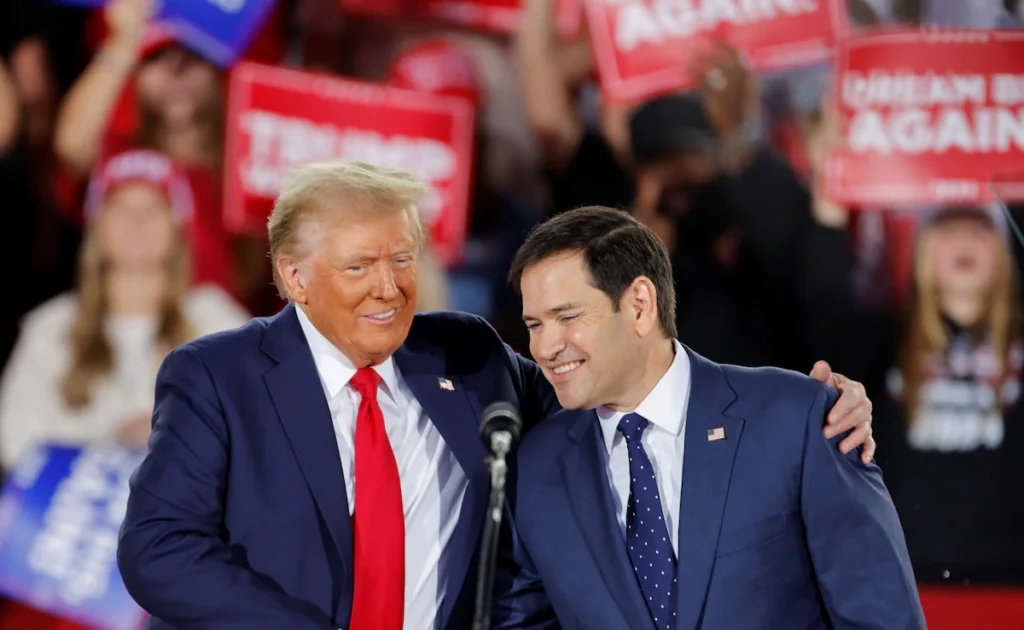
The Historic Confirmation: A Unanimous Vote in a Divided Senate
The Senate confirmation of Marco Rubio as Secretary of State was nothing short of remarkable in an era of partisan gridlock. On January 20, 2025, the Senate Foreign Relations Committee swiftly advanced his nomination, and the full Senate followed suit with a 99-0 vote—the first unanimous Cabinet confirmation in decades. This bipartisan support highlights Rubio’s reputation as a foreign policy hawk who appeals across the aisle, even as Trump’s other nominees faced filibusters and scrutiny.
According to reports from the Associated Press, Rubio’s confirmation came amid high expectations for Trump’s second term, where foreign policy would focus on curbing mass migration, confronting China, and negotiating an end to ongoing conflicts like the Russia-Ukraine war. Politico noted that Rubio was among the least controversial picks, allowing for a smooth process that contrasted with the battles over nominees like Pete Hegseth for Defense Secretary.
The “hotseat” aspect of this diplomacy refers to the intense pressure Rubio now faces. As the top diplomat, he must navigate a world fraught with tensions—from trade wars with China to proxy conflicts in the Middle East. Trump’s administration has outlined priorities like securing borders and reversing what they call “disastrous” policies from the previous Biden era. Rubio’s role will be pivotal in executing this vision, making his confirmation a cornerstone of Trump’s second term foreign policy.
In the context of Trump’s Cabinet, this approval sets a precedent. Future confirmations, such as those for Treasury or Defense, may face more resistance, but Rubio’s swift ascent demonstrates the Senate’s willingness to prioritize national security. For SEO purposes, terms like “Marco Rubio confirmation vote” and “Trump Cabinet approvals 2025” are crucial, as they reflect public interest in how this administration is shaping up.
Expanding on the process, nominations typically begin with the President’s announcement, followed by committee hearings. Rubio’s hearing on January 15, 2025, was a masterclass in diplomacy. He addressed concerns about China, stating that the Chinese Communist Party has a “parasitic relationship” with its people, and emphasized the need for concessions in Ukraine to end the war. Senators from both parties praised his experience, drawing from his time on the Senate Foreign Relations and Intelligence Committees.
This unanimous vote wasn’t just procedural; it was symbolic. In a Senate divided 52-48 in favor of Republicans, Rubio’s ability to garner zero “no” votes speaks to his cross-aisle relationships built over 14 years as Florida’s Senator. As PBS reported, this made him the first confirmed member of Trump’s Cabinet, paving the way for a rapid implementation of foreign policy shifts.
Critics, however, worry about the implications. Some Democrats, like Senator Ed Markey, later called voting for Rubio “my first mistake of the year,” citing concerns over his alignment with Trump’s more isolationist tendencies. Nonetheless, the confirmation process exemplified efficiency, contrasting with the drawn-out battles of Trump’s first term.
To understand why this matters for “Trump second term diplomacy,” consider the broader context. Trump’s return to the White House on January 20, 2025, promised a “highly centralized” foreign policy, as analyzed by the Arab Center Washington DC. Rubio, with his hawkish views, fits perfectly into this framework, ensuring that U.S. interests dominate global negotiations.
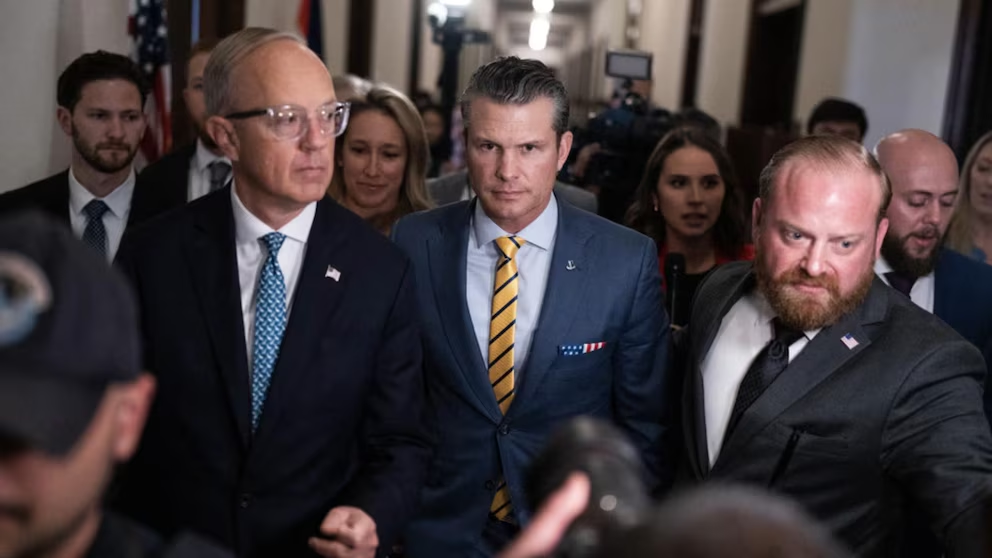
Marco Rubio’s Journey: From Miami Roots to Foggy Bottom
Marco Antonio Rubio’s path to Secretary of State is a quintessential American story, rooted in immigrant resilience and political ambition. Born on May 28, 1971, in Miami, Florida, to Cuban parents who fled Fidel Castro’s regime, Rubio grew up embodying the American Dream. His biography, as detailed on the State Department’s official site, highlights his early life in a working-class family—his father a bartender, his mother a hotel maid.
Rubio’s education laid the foundation for his career. He graduated from the University of Florida with a B.S. in 1993 and earned his J.D. from the University of Miami in 1996. Entering politics, he served in the Florida House of Representatives from 2000 to 2008, becoming the youngest Speaker in state history at age 35. This role honed his leadership skills, focusing on issues like education reform and economic growth.
In 2010, Rubio burst onto the national scene by winning Florida’s U.S. Senate seat, defeating establishment figures in a Tea Party wave. As Senator (2011-2025), he chaired the Senate Small Business Committee and served on key panels like Foreign Relations and Intelligence. His legislative achievements include the Uyghur Forced Labor Prevention Act, which targeted China’s human rights abuses, and efforts to strengthen U.S. ties in Latin America.
Rubio’s 2016 presidential run against Trump was contentious—remember the “small hands” jabs?—but they reconciled, with Rubio becoming a staunch Trump ally. His nomination in November 2024 was no surprise, given his foreign policy expertise. As Secretary, Rubio brings a blend of conservatism and pragmatism, appealing to Hispanic voters and foreign policy realists.
For readers interested in political biographies, Rubio’s story mirrors that of other Cuban-American leaders like Ted Cruz. His book, “American Dreams,” details his vision for restoring opportunity, themes that resonate in Trump’s second term.
Delving deeper, Rubio’s family history shapes his worldview. His parents’ exile from Cuba instilled a deep anti-communism, influencing his hardline stance on regimes like Venezuela and China. As the Miami Herald noted, Rubio’s alma mater, the University of Miami, celebrates him as an alumnus leading global negotiations.
Rubio’s career isn’t without controversy. Critics point to his flip-flops on immigration reform, from supporting a pathway to citizenship in 2013 to aligning with Trump’s border wall. Yet, his bipartisan work, like co-authoring the Paycheck Protection Program during COVID, shows versatility.
In Trump’s Cabinet, Rubio stands out as a seasoned politician amid outsiders like Robert F. Kennedy Jr. for HHS. His confirmation, as YouTube clips show, was met with applause, signaling confidence in his ability to handle “hotseat” challenges.
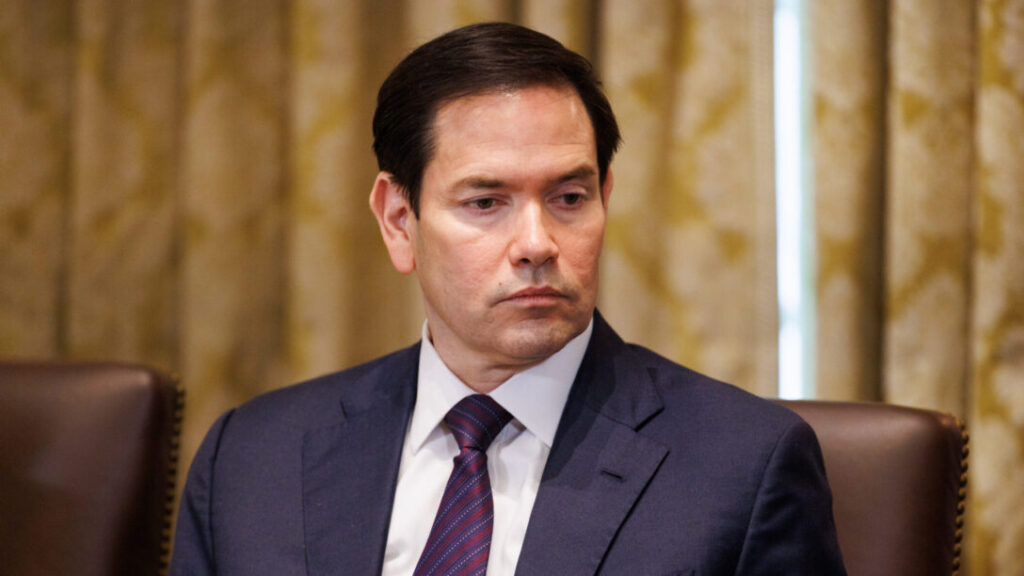
Trump’s Second Term: A Bold Foreign Policy Reset
Donald Trump’s second term, beginning January 20, 2025, promises a radical departure from recent U.S. foreign policy. With Rubio at State, the administration’s mission includes curbing migration, confronting adversaries, and prioritizing economic security. The BBC’s overview of Trump’s Cabinet highlights a focus on “America First,” with picks like Rubio ensuring centralized control.
Key priorities include:
- Border Security and Migration: The State Department will halt activities facilitating mass migration, as Rubio outlined in speeches.
- Confronting China: Viewed as the “most potent adversary,” policies will target critical minerals and trade imbalances.
- Ending Wars: Negotiating peace in Ukraine, possibly with concessions to Russia.
Trump’s approach is “highly personal,” per analysts, with Rubio executing deals like potential tariffs impacting Latin America. Implications for allies are profound; NATO commitments may be scrutinized, and human rights sidelined for deals.
In the first 100 days, actions like visa restrictions for foreign officials show aggressiveness. For “Trump second term foreign policy,” this means a mix of isolationism and interventionism, with Rubio as the diplomatic face.
Expanding, Trump’s policy echoes his first term but with more experience. The Center for American Progress critiques it for causing “global chaos,” but supporters argue it restores U.S. strength. Rubio’s role in drafting Ukraine security guarantees exemplifies this balance.
Rubio’s Foreign Policy Views: Hawkish on China, Pragmatic on Ukraine
Marco Rubio’s foreign policy is defined by hawkishness on China and a push for negotiated ends to conflicts. On China, he warns of dependency on critical minerals, advocating for supply chain diversification. CNBC reports his criticism of Beijing’s economic and geopolitical threats.
Regarding Russia and Ukraine, Rubio aligns with Trump, calling for concessions to end the war. In hearings, he emphasized “bold diplomacy,” including U.S. security guarantees for Kyiv.
On Latin America, Rubio’s Cuban heritage drives tough stances on Venezuela and migration. He views India as a key partner, calling it one of the “top relationships” for the U.S.
Rubio’s positions on Iran and Israel are pro-Israel, supporting aid while criticizing Tehran. Wikipedia details his support for increased U.S. military presence in Asia.
In practice, as Secretary, Rubio has pushed for designating groups like the Muslim Brotherhood as terrorists, though not yet confirmed. His views on critical minerals tie into broader economic security.
“Marco Rubio China policy” and “Rubio Ukraine stance” are high-traffic terms, reflecting global interest.
Global Implications: Reshaping Alliances and Conflicts
Rubio’s confirmation has ripple effects worldwide. In the Indo-Pacific, strengthened ties with India counter China, as Rubio noted in nominating Sergio Gor as Ambassador. Europe braces for Ukraine negotiations, with Rubio drafting guarantees.
Latin America faces “stark messages” from Trump via Rubio, emphasizing self-reliance. Trade measures could impact Brazil and Mexico.
Human rights may take a backseat, as Just Security warns. Yet, opportunities exist for deals, like ASEAN summits where Trump confirmed attendance.
Challenges include Senate pushback on foreign policy authority, as Roll Call reports. For global diplomacy, this means a more transactional U.S.
Reactions: Bipartisan Praise and Partisan Critiques
Reactions to Rubio’s confirmation were mixed but largely positive. Al Jazeera quoted Rubio defending State Department employees while warning of changes. X posts praised his India comments.
Critics like Rand Paul questioned specifics, but overall, it’s seen as a win. International media, like the BBC, views it as part of Trump’s reorder.
Challenges and Future Outlook
Ahead, Rubio faces cyber threats, economic rivalries, and climate diplomacy. His “Americas First” policy aims to secure borders and alliances. By 2030, success will be measured by resolved conflicts and economic gains.
A New Era of Hotseat Diplomacy
Marco Rubio’s confirmation as Secretary of State ushers in a dynamic phase for Trump’s second term. With unanimous Senate approval, he embodies the blend of experience and boldness needed for today’s world. As “hotseat diplomacy” unfolds, the U.S. positions itself as a formidable force. For more on foreign policy, stay tuned to likiy.net.
FAQs: Hotseat Diplomacy – Marco Rubio Confirmed as Secretary of State in First Senatorial Approval of Trump’s Second Term
Welcome to our comprehensive FAQ section on “Hotseat Diplomacy: Marco Rubio Confirmed as Secretary of State in First Senatorial Approval of Trump’s Second Term.” This FAQ is designed to address the most common questions surrounding Marco Rubio’s historic confirmation, the concept of “hotseat diplomacy,” and its implications for U.S. foreign policy under President Donald Trump’s second term. As of September 15, 2025, Rubio has been in office for over eight months, and we’ve updated this guide with the latest developments, including his dual role as acting National Security Advisor and ongoing diplomatic efforts.
Drawing from our in-depth article on Hotseat Diplomacy, “Marco Rubio Secretary of State,” “Trump second term confirmation,” “hotseat diplomacy meaning,” and “Rubio foreign policy 2025.” We’ve incorporated insights from official sources, recent press releases, and global reactions to provide accurate, timely information. If you’re researching U.S. politics or global diplomacy, this resource covers everything from Rubio’s background to current challenges.
For more on Trump’s Cabinet dynamics, check our related piece on Trump Cabinet Approvals 2025. Let’s dive into the FAQs.
1. What is “Hotseat Diplomacy” in the Context of Marco Rubio’s Confirmation?
“Hotseat diplomacy” refers to the high-pressure, high-stakes environment of U.S. foreign policy leadership under President Trump’s second term, where the Secretary of State must navigate intense scrutiny, rapid policy shifts, and global crises while prioritizing “America First” principles. The term gained traction following Rubio’s unanimous Senate confirmation on January 20, 2025, symbolizing the “hot seat” of immediate accountability in a polarized world. Unlike traditional diplomacy, it emphasizes bold, transactional negotiations amid tensions with China, Russia, and migration issues in Latin America.
Rubio himself described this approach in his first remarks to State Department staff on January 21, 2025, warning of “changes” while committing to Trump’s vision of world peace through strength. Analysts, including those from the BBC, portray Rubio as a “foreign policy hawk” thrust into this hotseat, balancing hawkish stances on adversaries like China with pragmatic deals. By September 2025, examples include Rubio’s “Americas First” policy op-ed, focusing on Western Hemisphere security to counter threats like fentanyl smuggling and illegal migration.
This term has SEO relevance for searches on “hotseat diplomacy Marco Rubio,” highlighting the shift from Biden-era multilateralism to Trump’s centralized, personal style. For deeper analysis, see our Foreign Policy Shifts 2025 article.
2. When and How Was Marco Rubio Confirmed as Secretary of State?
Marco Rubio was unanimously confirmed by the U.S. Senate as the 72nd Secretary of State on January 20, 2025, just hours after President Trump’s inauguration for his second term. The vote was 99-0, making it the first senatorial approval of any Cabinet member in Trump’s second administration and a rare bipartisan moment in a divided Senate. Rubio, then a Florida Senator, resigned his seat upon confirmation and was sworn in by Vice President JD Vance on January 21, 2025.
The process began with Trump’s announcement on November 13, 2024, followed by a Senate Foreign Relations Committee hearing on January 15, 2025, where Rubio outlined his commitment to Trump’s agenda. Unlike other nominees facing filibusters, Rubio’s hawkish credentials and cross-aisle appeal ensured a smooth path. As of September 2025, this confirmation remains a benchmark for efficiency, with Senate Republicans citing it to push rule changes against Democratic delays on other picks.
For historical context, this was the first unanimous Cabinet confirmation in decades, underscoring Rubio’s role in “hotseat diplomacy.” External resources like the State Department biography detail the timeline.
3. Who is Marco Rubio, and What is His Background?
Marco Antonio Rubio, born May 28, 1971, in Miami, Florida, is the son of Cuban immigrants who fled communism in pursuit of the American Dream. His father was a banquet bartender, and his mother a hotel maid and stay-at-home mom, instilling values of hard work and anti-communism that shape his worldview. Rubio earned a B.S. from the University of Florida in 1993 and a J.D. from the University of Miami in 1996.
His political career includes serving as a West Miami City Commissioner, Speaker of the Florida House (2006-2008, the youngest in state history), and U.S. Senator from Florida (2011-2025). As Senator, he chaired the Senate Intelligence Committee and served on Foreign Relations, authoring key legislation like the Uyghur Forced Labor Prevention Act and the VERDAD Act targeting Venezuelan human rights abuses.
Rubio ran for president in 2016, clashing with Trump but later becoming an ally. He is married to Jeanette Rubio, with four children, and is the first Hispanic Secretary of State. By September 2025, Rubio also serves as acting National Security Advisor (since May 1, 2025) and acting Archivist of the United States, making him the highest-ranking Hispanic official in U.S. history.
His background equips him for hotseat diplomacy, blending personal immigrant story with expertise on China, Latin America, and Israel. For more, visit Rubio’s Wikipedia page or our political biographies section.
4. Why Was Marco Rubio’s Confirmation Unanimous and Historic?
Rubio’s 99-0 Senate vote on January 20, 2025, was historic as the first unanimous Cabinet confirmation in decades and the initial approval in Trump’s second term. It stood out amid partisan battles over other nominees like Pete Hegseth for Defense, earning praise from both parties for Rubio’s foreign policy credentials.
Factors included his Senate experience on Intelligence and Foreign Relations Committees, reducing controversy compared to Trump’s other picks. Democrats like Sen. Jeanne Shaheen lauded his expertise, while Republicans valued his alignment with “America First.” As the first Latino in the role, it symbolized diversity.
This unanimity set a precedent, but by September 2025, Senate Republicans are pushing filibuster reforms citing Democratic delays on 99% of Trump’s civilian nominees—except Rubio. It exemplifies hotseat diplomacy’s need for swift action. Learn more via ABC News coverage.
5. What Are Marco Rubio’s Key Foreign Policy Priorities as Secretary of State?
Rubio’s priorities align with Trump’s “America First” agenda, emphasizing border security, confronting China, ending wars like Ukraine, and an “Americas First” focus on the Western Hemisphere. In his January 15 hearing, he warned of China’s “unbalanced relationship” with the U.S. and pledged engagement to prevent conflict.
On Ukraine, Rubio supports negotiated peace with concessions, viewing the war as a distraction from broader threats. For Latin America, his first trip (January 2025) addressed migration and the Panama Canal, securing deals like El Salvador accepting deported criminals. In September 2025, Rubio reaffirmed U.S.-India ties as a “top relationship,” highlighting Indo-Pacific security during Sergio Gor’s ambassador hearing.
Other focuses include Israel support (e.g., September 13 remarks on hostages), countering Iran and Venezuela, and budget reforms cutting State Department costs by 15-22% for efficiency. Rubio’s efforts on Venezuelan “narco-terrorists” (e.g., August 2025 Navy action) underscore anti-drug initiatives, though specifics like fentanyl loads remain unconfirmed.
These priorities define hotseat diplomacy’s assertive style. For updates, see State Department press releases or our Rubio Foreign Policy guide.
6. What Challenges Does Marco Rubio Face in the “Hotseat” as Secretary of State?
Rubio faces multifaceted challenges in hotseat diplomacy, including retaining Trump’s favor amid policy shifts, managing global crises, and implementing budget cuts. Trump’s personal style demands loyalty, as seen in Rubio’s May 1, 2025, appointment as acting National Security Advisor after Mike Waltz’s replacement.
Global issues include escalating U.S.-China tensions (Rubio banned from China for criticisms), the Ukraine war’s fourth year, Middle East violence, and Taiwan threats. Migration remains critical; Rubio’s September 4, 2025, Mexico talks with Foreign Secretary Juan Ramón de la Fuente addressed border security.
Domestically, Rubio announced 15-22% State Department cuts in April 2025 for efficiency, sparking civil servant concerns. Senate filibusters on nominees (except his own) hinder staffing. Controversies include unconfirmed claims on Venezuelan boats (e.g., fentanyl, Tren de Aragua) and efforts to designate the Muslim Brotherhood as terrorists since January 2025.
By September 2025, Rubio handles Ukraine data security and visa revocations for threats. External links like AP News on challenges provide insights. Explore Diplomatic Challenges 2025 for more.
7. How Has Marco Rubio’s Tenure Impacted U.S. Relations with Key Allies and Adversaries?
Rubio’s tenure has reshaped relations through hotseat diplomacy’s transactional lens. With India, he called it a “top relationship” in September 2025, advancing Indo-Pacific security via Sergio Gor’s nomination. U.S.-Israel ties remain “very strong,” with Rubio pushing for hostage releases and Gaza rebuilding on September 13, 2025.
In Latin America, Rubio’s “Americas First” secured migration deals with El Salvador and Mexico, countering Venezuelan threats. Adversaries like China face heightened scrutiny, building on Rubio’s legislation. On Ukraine, efforts include data securing for children and peace pushes.
Impacts include stronger hemispheric focus but concerns over human rights sidelining. By FY26 budget hearings (June 2025), Rubio emphasized holistic regional policies. For details, see Al Jazeera analysis or U.S. Alliances 2025.
8. What Are the Reactions to Marco Rubio’s Confirmation and Policies?
Reactions to Rubio’s confirmation were largely positive, with bipartisan Senate praise for his expertise. Media like The Guardian called it a “boost for Trump,” while Al Jazeera noted his defense of State employees amid changes.
By September 2025, X (formerly Twitter) buzz includes praise for India comments but skepticism on Venezuelan boat claims and Muslim Brotherhood designation. Internationally, allies like Mexico welcome cooperation, while critics worry about isolationism.
Overall, Rubio’s hotseat role garners support for efficiency but debate on aggressiveness. Track reactions on PBS News or our Public Reactions to Trump Term 2.
9. What Recent Developments Involving Marco Rubio Occurred in September 2025?
As of September 15, 2025, key developments include Rubio’s September 13 press remarks on U.S.-Israel relations, emphasizing hostage releases (48 total) and Gaza security post-Hamas. He confirmed strong ties and influence without “leverage,” amid concerns over recent events.
On September 11, Rubio introduced Sergio Gor at his Senate hearing for U.S. Ambassador to India, calling India a “top relationship” for Indo-Pacific stability—the 21st century’s “defining story.” This underscores strategic focus amid trade tensions.
September 4 saw joint talks with Mexico’s Foreign Secretary on migration and relations, welcoming cooperation. Rubio also addressed Ukrainian children data security and visa revocations for threats.
These align with hotseat diplomacy’s pace. For live updates, follow State Department releases or Latest U.S. Diplomacy.
10. How Can I Stay Updated on Hotseat Diplomacy and Rubio’s Role?
To stay informed on “hotseat diplomacy” and Marco Rubio’s Secretary of State tenure, monitor official State Department sites, subscribe to newsletters from sources like AP News and Reuters, and follow X for real-time reactions. Key resources include the State Department biography and Senate Foreign Relations Committee hearings.
On likiy.net, bookmark our U.S. Politics and Global Diplomacy sections for ongoing coverage. SEO tip: Search “Marco Rubio updates 2025” for the latest.
